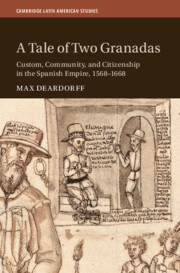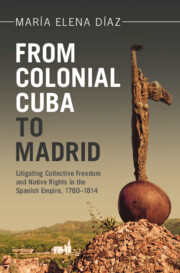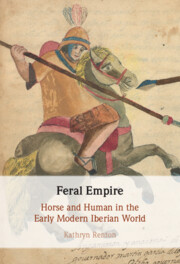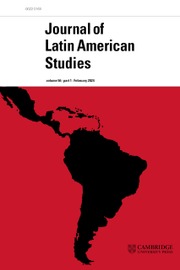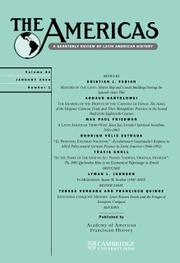A Tale of Two Granadas
In 1570's New Kingdom of Granada (modern Colombia), a new generation of mestizo (half-Spanish, half-indigenous) men sought positions of increasing power in the colony's two largest cities. In response, Spanish nativist factions zealously attacked them as unequal and unqualified, unleashing an intense political battle that lasted almost two decades. At stake was whether membership in the small colonial community and thus access to its most lucrative professions should depend on limpieza de sangre (blood purity) or values-based integration (Christian citizenship). A Tale of Two Granadas examines the vast, trans-Atlantic transformation of political ideas about subjecthood that ultimately allowed some colonial mestizos and indios ladinos (acculturated natives) to establish urban citizenship alongside Spaniards in colonial Santafé de Bogotá and Tunja. In a spirit of comparison, it illustrates how some of the descendants of Spain's last Muslims appealed to the same new conceptions of citizenship to avoid disenfranchisement in the face of growing prejudice.
- Reveals how the politics of blood purity in the mid-sixteenth century Spanish Empire was countered by the politics of Tridentine Catholic citizenship
- Unveils the root of colonial prejudices toward mestizos, how pervasive it was, and whether it was anchored in time
- Compares the struggle of colonial mestizos to that of the descendants of Spain's last Muslims
Awards
Winner, 2024 Bandelier/Lavrin Book Prize, Rocky Mountain Council for Latin American Studies
Reviews & endorsements
‘Conceptualizing the Spanish empire as a ‘Christian Republic’, the author highlights mestizos and the social spaces that, by design and/or by struggle, they inhabited in such an empire. The malleability of notions such as subjecthood, race, and ‘Repúblicas,’ expands our understanding of both mestizos and Spanish colonialism in the Americas.’ Alcira Dueñas, The Ohio State University
‘Max Deardorff’s insightful study reveals that the tensions between religious segregation and assimilation paradoxically informed royal and ecclesiastic policies regarding membership in the Republic of the Spaniards. Deardorff skilfully demonstrates that, by exploiting these tensions, granadinos and neogranadinos of partial or no Spanish/Christian ancestry secured a space within a wider Christian Republic.’ José Carlos de la Puente, Texas State University
‘In this lucidly written book, Max Deardorff explores what citizenship meant for those social actors in the early modern Spanish territories who faced degrees of exclusion due to their ethnicity and proximity to orthodox Christianity. Meticulously researched and engagingly written, Deardorff brings together the Iberian Atlantic by looking at lesser-studied regions and the people inhabiting their margins, and also, at the Spanish powerholders who moved across the two jurisdictions.’ Joanne Rappaport, Georgetown University
‘[A] stunning example of how Atlantic history should be written.’ J. M. Rosenthal, Choice
‘This absorbing, erudite, and highly original book … gives its readers a window through which to see the political configurations of the Spanish Empire and its imprints within the broader context of Catholic reform and growing Atlantic connections. The book’s appearance will not only benefit scholars of colonial Spanish America but also those working on the religious and political changes unfolding during the first century that followed the integration of the Americas into the contours of global history.’ James V. Torres, American Historical Review
Product details
August 2023Hardback
9781009335409
338 pages
235 × 159 × 29 mm
0.72kg
Available
Table of Contents
- List of figures
- List of tables
- Acknowledgments
- Introduction
- 1. Iberian antecedents
- 2. Politics, reform, and the emergence of Christian citizenship
- 3. Moriscos, Arabic Old Christians, and Spanish jurisprudence (1492–1614)
- 4. Cultivating the Christian republic: the New Kingdom of Granada and the Archbishop Zapata de Cárdenas
- 5. Life in the city: the casa poblada and urban citizenship
- 6. The roots of the mestizo controversy in the New Kingdom of Granada
- 7. The mestizo priesthood
- 8. Mestizo officials in the Christian republic
- 9. Urban Indians in Santafé and Tunja, 1568–1668
- Epilogue
- Bibliography
- Index.

